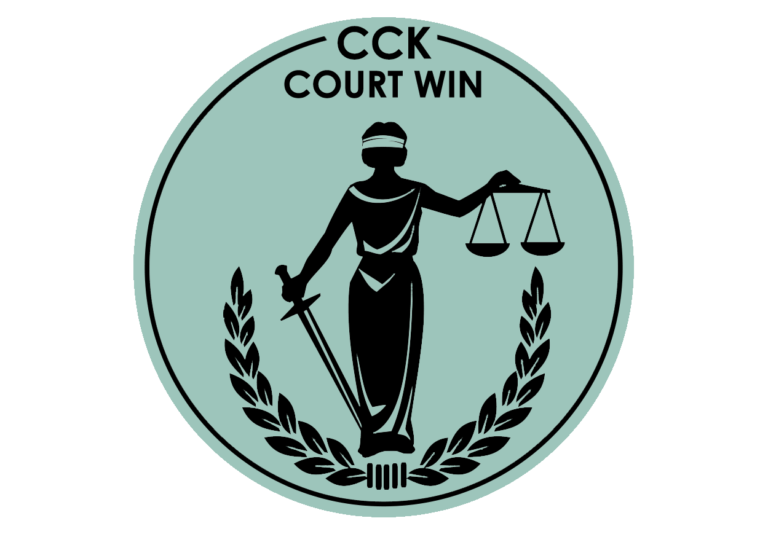CCK Argues Against Board Denial for Increased Rating for PTSD

CCK Law: Our Vital Role in Veterans Law
Summary
The Veteran served honorably in the U.S. Army from 1965 to 1967, and in the Army Reserves until 1971. Part of his duties included missions where he would collect the remains of fallen soldiers while stationed in Vietnam. He began suffering from symptoms of post-traumatic stress disorder (PTSD) almost immediately upon returning home from Vietnam. He had nightmares about his experiences in Vietnam and often woke up at night to patrol his back yard. His symptoms negatively affected his relationships with family members and coworkers.
He filed for VA benefits in 2008 and was granted service connection for PTSD at a rating of 30 percent. However, he appealed that rating, calling his symptoms “far worse than described.” His symptoms worsened when he stopped working and no longer had his work to occupy his mind. He suffered sleep impairment, issues with hygiene, and memory loss.
The Board Denies PTSD In Excess of 70 Percent and Extraschedular Consideration
In April 2017, the Board of Veterans’ Appeals granted the Veteran a rating of 70 percent, but no higher, for PTSD, and remanded the issue of entitlement to Total Disability Based on Individual Unemployability (TDIU). But at the same time, the Board denied a rating in excess of 70 percent for PTSD as well as denied extraschedular consideration. The Board found the Veteran was not entitled to the higher rating because he did not have symptoms of the 100 percent rating criteria. It also found the Veteran’s symptoms were contemplated by the rating criteria and not unique and extraordinary.
CCK Appeals to Court and Court Agrees with CCK’s Argument
CCK argued, and the Court agreed, that the Board should have remanded entitlement to an increased rating and referral for extraschedular consideration along with the issue of entitlement to TDIU as inextricably intertwined. A rating in excess of 70 percent and an extraschedular rating for PTSD necessarily required a discussion of the Veteran’s occupational and social functional impairment caused by his PTSD. The Court determined that “[b]ecause the matter of TDIU was remanded for a medical opinion to determine the functional impairment caused by the appellant’s PTSD, any development and subsequent determination of entitlement to TDIU may have a ‘significant impact’ on the appellant’s entitlement to a higher rating for PTSD.” On remand, the Board must complete the required development and re-adjudicate the Veteran’s claim.
About the Author
Share this Post
